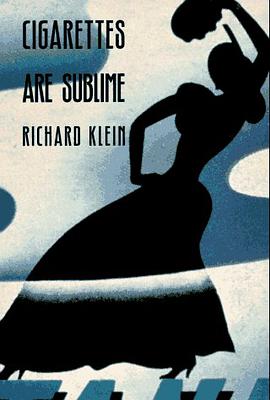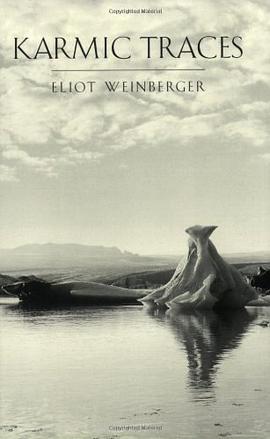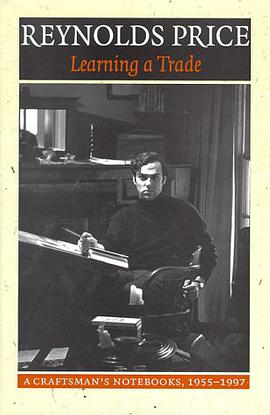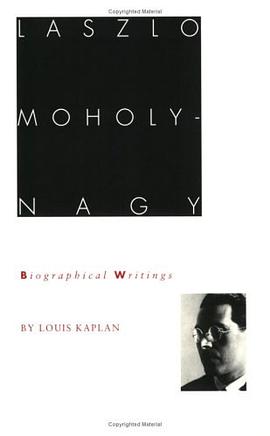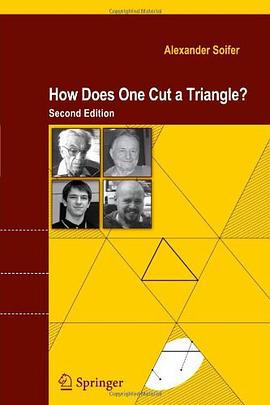

Arguing against the prevailing view of Edith Wharton as a realist writer, Hildegard Hoeller opens up the Wharton canon by finding the "real" Wharton in the writer's sentimental voice and in her critique of realism. With this focus on a blind spot in Wharton criticism, Hoeller demonstrates that the celebrated American writer created a dialogue between the two literary traditions.Most analyses of Wharton's work describe her early triumph as a realist and then her decline in the 1920s into sentimental fiction. Instead, Hoeller examines important sentimental moments in Wharton's "realist" masterpieces and finds realism in the sentimental "minor" work (including the undervalued 1925 novel, The Mother's Recompense). Hoeller shows that Wharton used the sentimental voice both to express the truth of female desire and to express her critique of male realism. In this, Wharton is shown to be fully in control of her art from the beginning to the end of her career.Using Wharton as a case study, Hoeller maintains that the ongoing argument about the value of American sentimental fiction could benefit by seriously considering sentimental aesthetics. Only then, she says, will the term sentimental cease to be a label for inferior, female, and popular fiction and become a serious literary concept.This innovative book will be of interest to scholars of 19th- and 20th-century American fiction as well as feminist scholars and those interested in the ongoing debate about the American literary canon.
具体描述
读后感
评分
评分
评分
评分
用户评价
相关图书
本站所有内容均为互联网搜索引擎提供的公开搜索信息,本站不存储任何数据与内容,任何内容与数据均与本站无关,如有需要请联系相关搜索引擎包括但不限于百度,google,bing,sogou 等
© 2025 book.wenda123.org All Rights Reserved. 图书目录大全 版权所有

